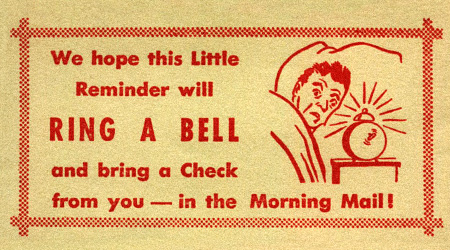Which Late Payments Hurt Credit Reports The Most?

Making any type of late payment will have a detrimental effect on an individual's credit report and credit score. Some late payments are worse than others however, as they may be portends of more significant issues in the future. The entire purpose of a credit report is to categorize and provide a history of how a consumer manages their financial obligations to lenders. Using a couple of credit cards, financing a new car and buying a home are all tracked so current and future lenders can see how a consumer behaves and whether or not they act financially responsible. Payment history provides the clearest insight into consumer behavior.
Credit Weighting
Not all information on a credit report is created equal and some pieces are more important than others. A couple of revolving line of credit accounts will be more ubiquitous than student loans since credit cards are easier to obtain than getting into and paying for college. Then there is weighting associated with the different aspects of a credit report. Payment history is more important than total outstanding debt which is more important than the type of debt. It would be better to have too much available credit, a lot of hard inquiries and high debt utilization ratio than a dozen or so late payments on credit cards.
Payment History
So why is payment history so important when it comes to credit reports and credit scores? For the simple reason that making payments to institutions which have loaned you money is the entire foundation of credit in society. Paying people what you owe or receiving payment for money you lent is the credit system. This is why payment history is the number one area which has the highest weighting when calculating a credit score. While it is often recommended to not use historical performance to predict future returns when making investments, that is exactly how it works with credit reports. Past performance has a direct correlation to expected future performance which is especially true with late payments. There is a reason the saying "A leopard can't change its spots" exists. Consumers who have shown poor financial judgment and continue to make financial mistakes over period of years are likely to do the same going forward.
Worst Case Scenario
So in reality, all late payments reflect negatively on an individual's credit report. If however, a potential lender is evaluating a credit history when determining if they will extend a loan, some late payments may be more of a concern than others. This is where the art of extending credit is more important than just crunching numbers. Making two late payments on a mortgage because of unemployment is less severe than sporadic frequent late payments on credit cards. One shows a one time financial crisis which was rectified and has subsequently not been an issue. The other shows a disregard for financial obligations and a carefree attitude by acting immature about paying money that is owed. Ideally a consumer will never make a late payment on outstanding credit but if something happens make sure it's limited in scope and severity and can be explained due to an unforeseen circumstance. This way it will hopefully have a negligible impact on future credit opportunities.
Elsewhere on StockMonkeys.com







